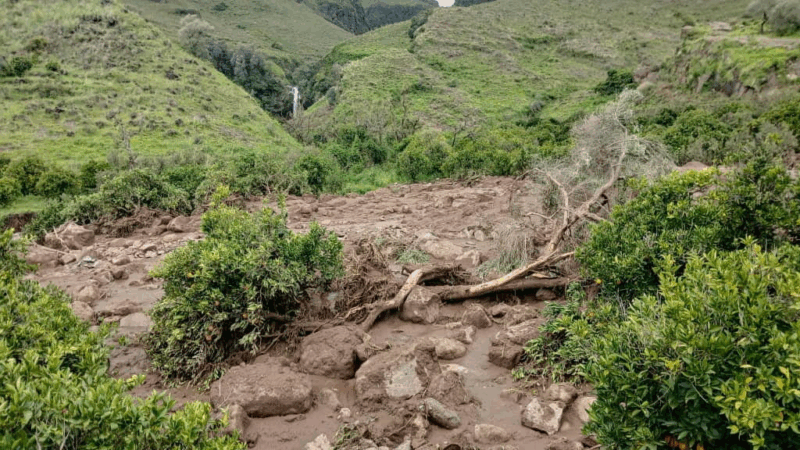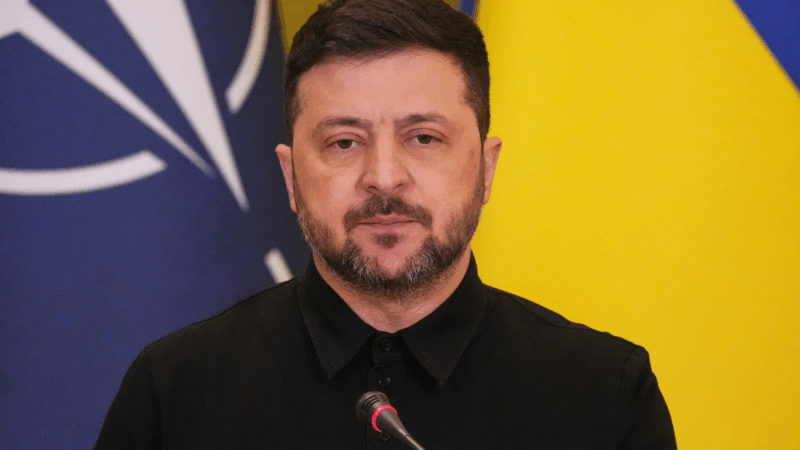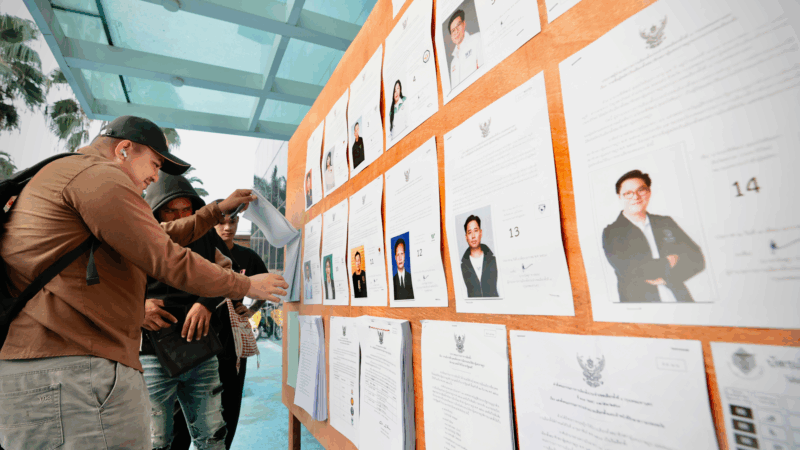As many as 1,000 killed in Sudan landslide
LAGOS, Nigeria — A massive landslide in western Sudan has destroyed the village of Tarseen in Darfur and killed as many as 1,000 people, according to local groups. Many of the victims were displaced and starving, having fled more than two years of intense fighting in Sudan’s civil war.
The landslide struck Sunday in the mountainous Jebel Marra region, an area controlled by the Sudan Liberation Movement-Army (SLM-A). The armed group said heavy rains completely leveled the village, leaving only one survivor.
The Jebel Marra region has seen a surge in population in recent months, as thousands fled a prolonged siege on Darfur’s historic capital, El Fasher, by paramilitary forces at war with Sudan’s army. Many displaced people have also come from the Zamzam refugee camp, where famine was declared last year.
The SLM-A has remained neutral during the conflict, offering a rare safe haven for refugees. Most of the wider Darfur region, however, is controlled by the Rapid Support Forces (RSF) and allied Arab militias, who have been accused by the U.N., the U.S., and others of committing genocide against African ethnic groups.
In April, Zamzam, Sudan’s largest refugee camp, home to more than half a million people, was overrun by the RSF, leaving hundreds dead, including aid workers from Médecins Sans Frontières (Doctors Without Borders) and Relief International. Many displaced residents fled to remote areas like Jebel Marra, where NGOs have limited access and aid delivery is extremely difficult, especially during the rainy season.
Aid workers have warned that children are dying daily from hunger in the region, with both Sudan’s army and the RSF accused of obstructing humanitarian assistance. U.N. agencies and other aid groups have also faced attacks and pressure from both sides of the war.
Sudan’s army controls most of the country, including the capital, Khartoum. The RSF dominates much of Darfur, except for El Fasher, and on Saturday its leader, Mohamed Hamdan Dagalo, was sworn in as head of a parallel government, which the U.S. and other nations have rejected.
The ongoing conflict has triggered the world’s largest humanitarian crisis and the worst famine in decades. While accurate casualty figures are impossible to confirm, the U.S. estimated last September that as many as 150,000 people may have been killed since the fighting began over two years ago.
U.S. gave Ukraine and Russia June deadline to reach peace agreement, Zelenskyy says
"The Americans are proposing the parties end the war by the beginning of this summer," Zelenskyy said, speaking to reporters on Friday.
U.K. leader’s chief of staff quits over hiring of Epstein friend as U.S. ambassador
British Prime Minister Keir Starmer's chief of staff resigned Sunday over the furor surrounding the appointment of Peter Mandelson as U.K. ambassador to the U.S. despite his ties to Jeffrey Epstein.
Trump administration lauds plastic surgeons’ statement on trans surgery for minors
A patient who came to regret the top surgery she got as a teen won a $2 million malpractice suit. Then, the American Society of Plastic Surgeons clarified its position that surgery is not recommended for transgender minors.
What you should know about Bad Bunny’s Super Bowl halftime show
Will the Puerto Rican superstar bring out any special guests? Will there be controversy? Here's what you should know about what could be the most significant concert of the year.
Sunday Puzzle: -IUM Pandemonium
NPR's Ayesha Rascoe plays the puzzle with KPBS listener Anthony Baio and Weekend Edition Puzzlemaster Will Shortz.
Thailand counts votes in early election with 3 main parties vying for power
Vote counting was underway in Thailand's early general election on Sunday, seen as a three-way race among competing visions of progressive, populist and old-fashioned patronage politics.








